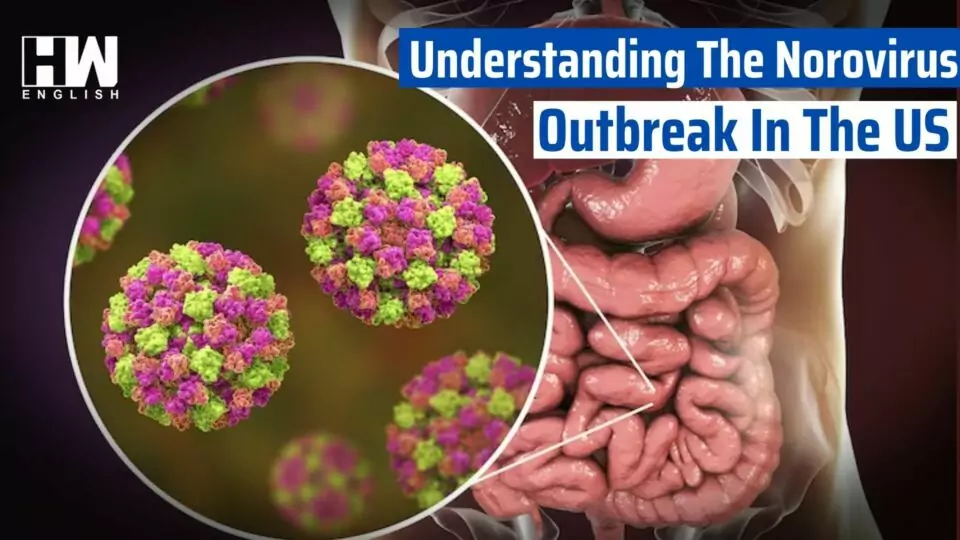Norovirus, a highly contagious virus, rapidly spreads across various regions of the United States, causing severe symptoms such as vomiting and diarrhoea. Known colloquially as the “stomach flu” or “stomach bug,” this virus poses significant challenges due to its rapid transmission and lack of a vaccine.
Symptoms:
Norovirus infection manifests in symptoms such as diarrhoea, nausea, vomiting, and stomach pain. Additionally, individuals may experience fever, headache, and body aches. The virus induces acute gastroenteritis, leading to inflammation in the stomach. Symptoms usually appear within 12-48 hours post-exposure and subside within 1 to 3 days. However, infected individuals remain contagious for several days after recovery, potentially transmitting for up to two weeks.
Impact on Health:
Individuals with weakened immune systems may endure prolonged symptoms, exacerbating the risk of dehydration. Severe vomiting and diarrhoea can result in dehydration, accompanied by symptoms like dry mouth, decreased urination, and dizziness. This underscores the importance of prompt medical attention and hydration management.
Norovirus spreads rapidly through various transmission routes, including direct contact with infected individuals, sharing food or utensils, and exposure to contaminated surfaces. Consuming contaminated food or beverages also heightens the risk of infection. Vigilance is crucial in preventing transmission, as even touching contaminated surfaces can facilitate viral spread.
ALSO READ: Himachal Crisis: Fate Of Congress Government Hangs By A Thread
Preventive Measures:
- Regular handwashing with soap and water significantly reduces transmission risk.
- Carrying alcohol-based hand sanitizers ensures immediate disinfection when handwashing facilities are unavailable.
- Thoroughly washing fruits and vegetables before consumption eliminates potential sources of contamination.
- Disinfecting frequently touched surfaces minimizes the risk of viral spread.
- Avoiding contact with infected individuals and staying home when experiencing symptoms are vital preventive steps.
- Consumption of contaminated food and water should be strictly avoided to prevent norovirus infection.
In light of the ongoing norovirus outbreak in the US, proactive adoption of preventive measures is imperative to curb transmission and safeguard public health. Heightened awareness, coupled with stringent adherence to hygiene protocols, is pivotal in mitigating the impact of this highly contagious virus.
As an independent media platform, we do not take advertisements from governments and corporate houses. It is you, our readers, who have supported us on our journey to do honest and unbiased journalism. Please contribute, so that we can continue to do the same in future.

